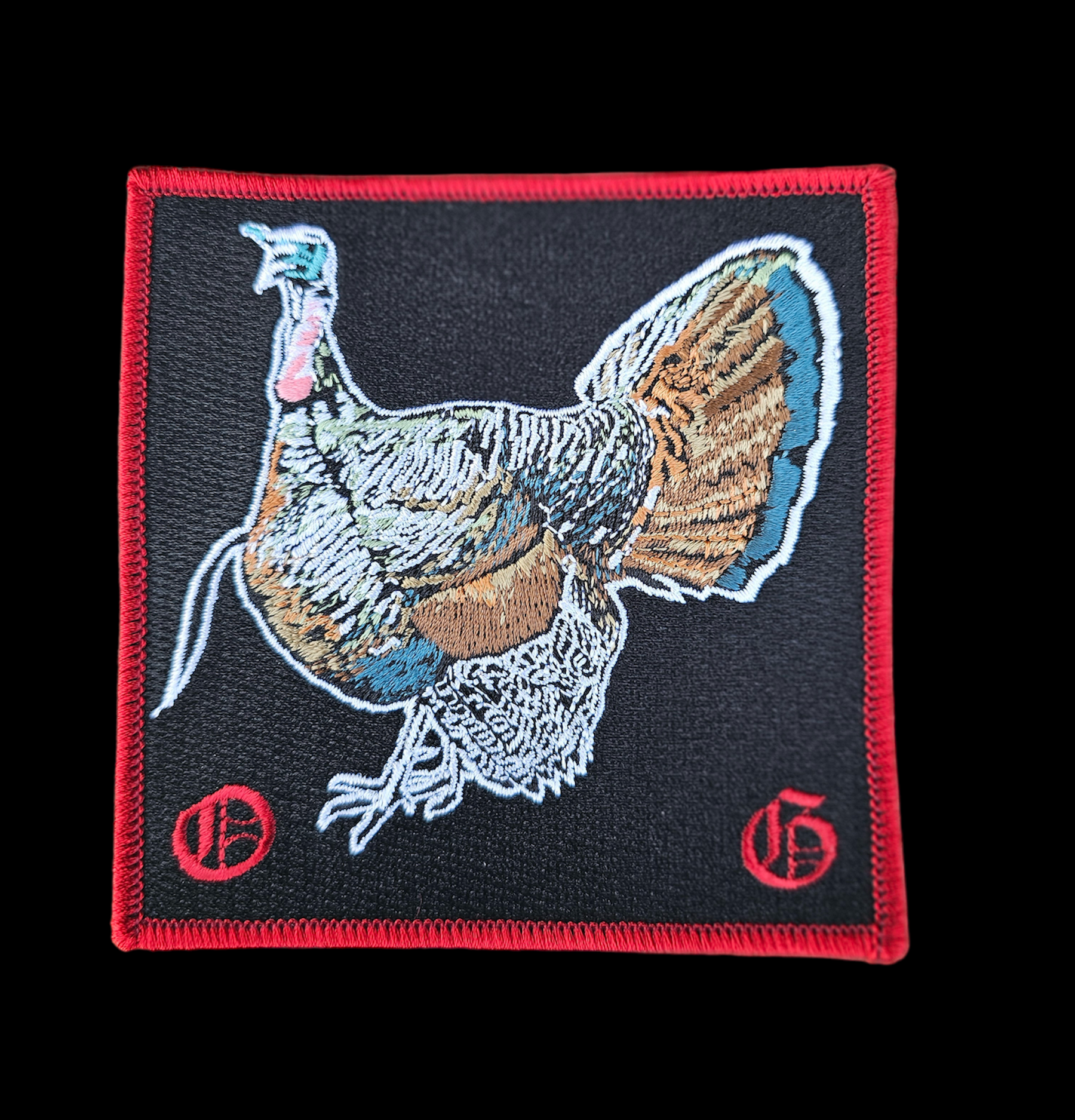       |
Turkey hunting forum for turkey hunting tipsThe world needs to eat less meat to save the planet
Picking the right striker for the right pot?Started by upnorth, April 27, 2016, 06:34:29 PM Previous topic - Next topic
User actions
|
       |
Turkey hunting forum for turkey hunting tipsThe world needs to eat less meat to save the planet
Picking the right striker for the right pot?Started by upnorth, April 27, 2016, 06:34:29 PM Previous topic - Next topic
User actions
|